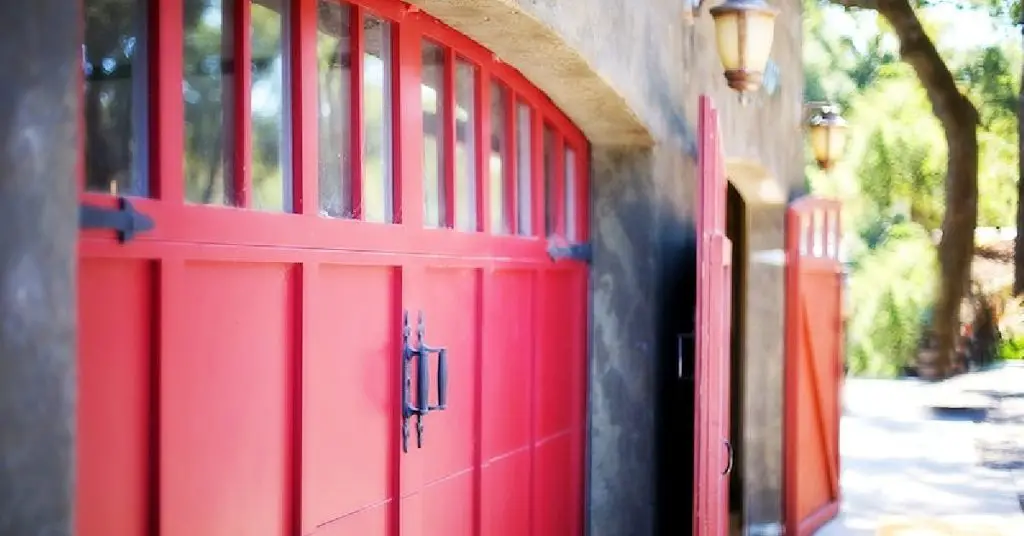Mosquitoes can be a nuisance, especially when they invade your garage. Not only do they leave itchy bites, but they can also carry diseases. If you’re wondering how to keep mosquitoes out of your garage, you’ve come to the right place. In this comprehensive guide, we will explore various methods and strategies for how to keep mosquitoes out of garage. From eliminating breeding grounds to using natural repellents, we’ll cover everything you need to know to make your garage mosquito-free.
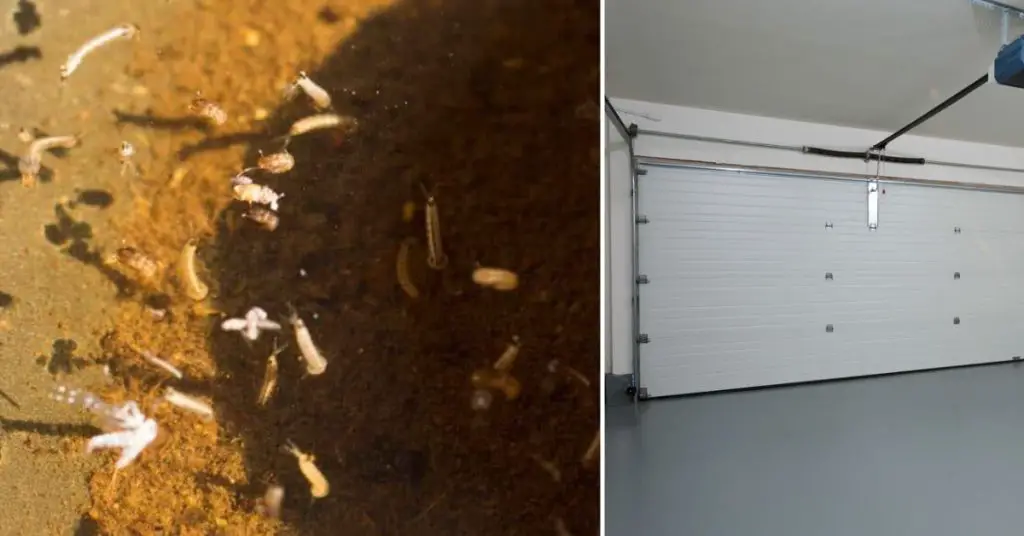
Understanding the Dangers of Mosquitoes
Before we delve into mosquito control methods, it’s important to understand the risks associated with these pesky insects. Mosquitoes are small, flying insects that feed on the blood of humans and animals. While their bites can cause itchy rashes, the most significant danger lies in the fact that mosquitoes can transmit various infectious diseases. Malaria, yellow fever, dengue fever, West Nile virus, and Zika virus are just some of the diseases mosquitoes can carry. It’s essential to take preventive measures to keep these pests out of your garage.
4 Easy Steps for How to Keep Mosquitoes Out of Garage
Here are four easy steps on how to keep mosquitoes out of garage:
Step 1: Identifying Common Garage Pests
To effectively combat mosquitoes in your garage, it’s crucial to be aware of other common pests that may be present. Some of these pests include:
- Deer mice: These rodents are known to nest in boxes and wall gaps, posing a threat to your property and potentially damaging wires in your garage.
- Spiders: Garages provide an ideal habitat for spiders, as they can feast on other bugs that may be present. Regularly sweeping away spiderwebs can help prevent infestations.
- Flies: Flies are attracted to strong odors, so it’s important to keep your garage clean and free of food debris to avoid attracting them.
- Crickets: These insects are often drawn to cool and shaded garages during warmer months. Removing clutter and sealing entry points can help deter them.
- Silverfish: These small bugs are attracted to dark and humid spaces, and they can feed on a variety of items found in your garage. Keeping your garage organized and dry can help prevent silverfish infestations.
- Sowbugs: Sowbugs are crustaceans that thrive in cool, damp environments. Eliminating sources of moisture and sealing cracks can help keep them at bay.
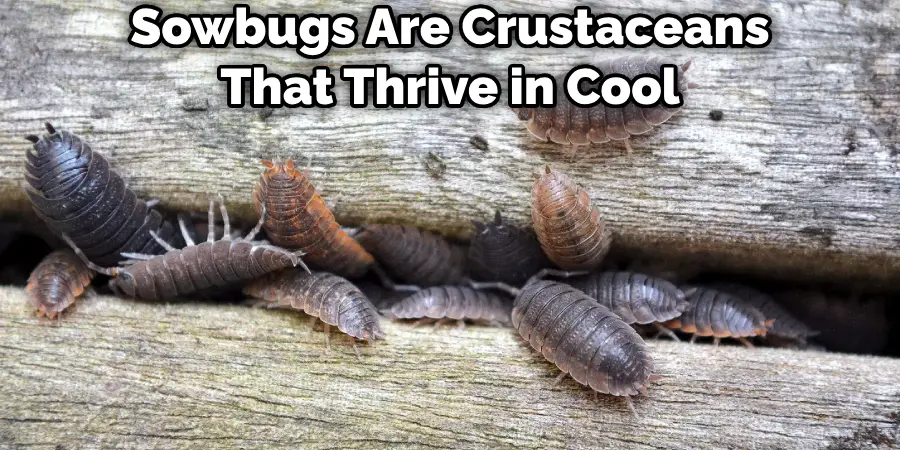
Step 2: Preventing Mosquito Breeding in Your Garage
One of the most effective ways to keep mosquitoes out of your garage is to prevent them from breeding in the first place. Mosquitoes lay their eggs in standing water, so eliminating potential breeding sites is crucial. Here are some steps you can take:
- Remove standing water: Regularly check your garage and surrounding areas for any containers or objects that collect water, such as old tires, flower pots, or birdbaths. Empty or dispose of these items to eliminate potential breeding grounds.
- Clean gutters and downspouts: Clogged gutters can accumulate stagnant water, providing an ideal breeding site for mosquitoes. Regularly clean and maintain your gutters to prevent water buildup.
- Fix any leaks or drainage issues: Ensure that your garage is free from leaks or areas where water can accumulate. Repair any plumbing issues and improve drainage to eliminate standing water.
- Use larvicides: If you have a persistent mosquito problem, consider using larvicides specifically designed to kill mosquito larvae. These products can be added to water sources, such as ponds or bird baths, to prevent mosquito breeding.
Step 3: Maintaining a Clean and Organized Garage
A cluttered garage provides hiding places for pests, including mosquitoes. By keeping your garage clean and organized, you can discourage these insects from taking up residence. Here are some tips for maintaining a mosquito-free garage:
- Declutter regularly: Remove any unnecessary items from your garage and store them properly in sealed containers. Avoid using cardboard boxes, as they can attract pests. Opt for plastic storage bins instead.
- Clean up spills and crumbs: Mosquitoes are attracted to food sources, so cleaning up spills and crumbs immediately is important. Sweep and mop the garage floor regularly to remove any food debris.
- Seal cracks and gaps: Inspect your garage for any cracks or gaps that mosquitoes could use as entry points. Seal these openings with caulk or weatherstripping to prevent pests from entering.
- Install weatherstripping on garage doors: Installing weatherstripping around your garage doors can help create a tight seal, preventing mosquitoes from entering. Make sure the weatherstripping is in good condition and replace it if necessary.
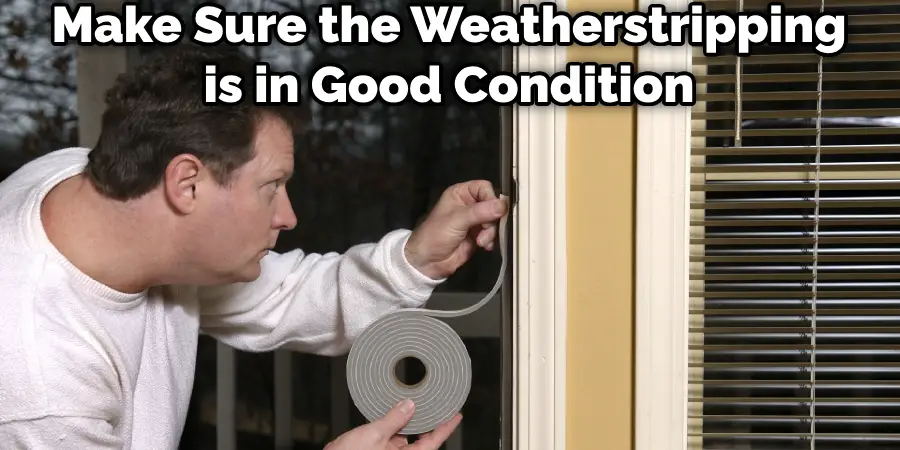
Step 4: Using Mosquito Repellents and Traps
In addition to preventive measures, you can also use mosquito repellents and traps to keep these insects away from your garage. Here are some options to consider:
- Mosquito repellent sprays: There are various commercially available mosquito repellent sprays that you can use in your garage. Look for EPA-registered products that are safe for indoor use. Follow the instructions on the label for application and reapplication.
- Natural repellents: Essential oils such as citronella, eucalyptus, and lavender have mosquito-repellent properties. You can create a homemade spray by diluting these oils with water and spraying it in your garage. Alternatively, you can use citronella candles or torches to repel mosquitoes.
- Mosquito traps: Mosquito traps can be an effective tool for reducing mosquito populations in your garage. These traps use various methods, such as emitting carbon dioxide or using UV light, to attract and capture mosquitoes. Consider using an electronic mosquito trap or a DIY trap made from a plastic bottle and a sugary solution.
- Fans and screens: Using fans in your garage can help create a breeze that makes it difficult for mosquitoes to fly. Additionally, installing screens on windows and doors can prevent mosquitoes from entering your garage while allowing for ventilation.
Seeking Professional Help
If you’ve tried various methods and are still struggling with a mosquito infestation in your garage, it may be time to seek professional help. Pest control experts have the knowledge and experience to eliminate mosquitoes and implement long-term prevention strategies effectively. They can assess your garage, identify potential entry points, and provide targeted treatments to eradicate the problem.
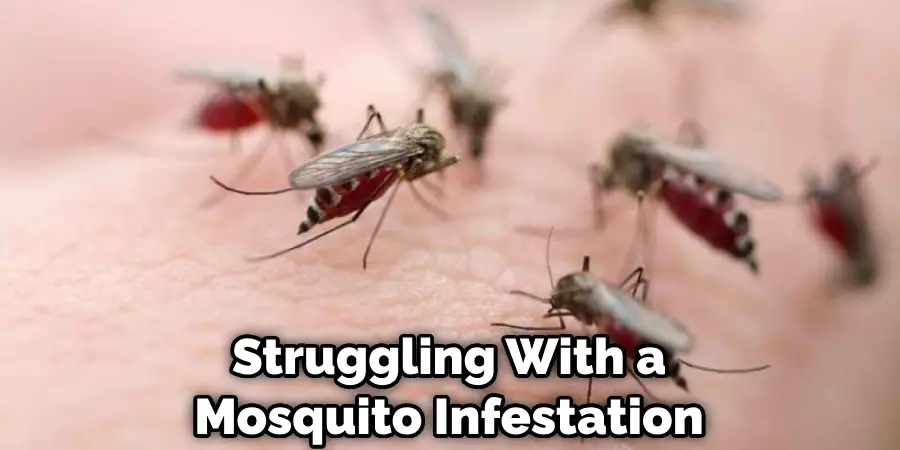
FAQs About How to Keep Mosquitoes Out of Garage
What Smells Keeps Mosquitoes Away?
Certain smells can help keep mosquitoes away. These smells include citronella, eucalyptus, peppermint, lavender, lemongrass, and rosemary. Citronella oil, extracted from the lemongrass plant, is particularly known for its mosquito-repellent properties. Eucalyptus has a powerful smell that interferes with mosquitoes’ senses, making it difficult for them to locate their food. Peppermint has a strong smell that is overwhelming to mosquitoes. These scents can be used in various forms like candles, diffusers, or planting certain plants in your garden to help repel mosquitoes.
What Repels Mosquitoes Most?
Certain smells, such as citronella, eucalyptus, peppermint, lavender, lemongrass, and rosemary, are known to repel mosquitoes effectively. These scents can be used in various forms like candles, diffusers, or planting certain plants in your garden. Mosquitoes are attracted to humans and animals due to their keen sense of smell, but using these repellent scents can help keep them away naturally without the use of chemicals or pesticides. Additionally, crushing leaves and rubbing them on your skin, or creating homemade sprays and lotions using these scents, can also provide protection against mosquito bites.
What is the Best Homemade Mosquito Repellent?
The best homemade mosquito repellent can be made using essential oils such as citronella, eucalyptus, rosemary, lemongrass, lavender, peppermint, and clove. These essential oils are known for their mosquito-repellent properties and can be combined to create an effective DIY repellent. A popular recipe includes mixing 4 drops each of citronella, eucalyptus, rosemary, and lemongrass essential oils with a carrier oil like witch hazel. This homemade repellent is safe, natural, and can be applied to the skin or used in a diffuser or spray bottle to keep mosquitoes away. It is a cost-effective and chemical-free alternative to commercial repellents.
What is the Quickest Way to Get Rid of Mosquitoes?
The quickest way to get rid of mosquitoes is by using mosquito repellents. Certain smells, such as citronella, eucalyptus, peppermint, lavender, lemongrass, and rosemary, can effectively repel mosquitoes. These scents can be utilized in various forms like candles, diffusers, or planting certain plants in your garden. Mosquitoes are attracted to humans and animals due to their keen sense of smell, so using these scents can help keep them away. Crushing leaves and rubbing them on the skin or creating homemade sprays and lotions using these scents can also provide protection against mosquito bites.
Conclusion
Remember, mosquito control is an ongoing process, and it’s important to remain vigilant in implementing preventive measures to keep your garage mosquito-free. By following these tips and strategies, you can enjoy a pest-free environment in and around your garage. Stay proactive and take action to protect yourself and your property from these bothersome insects.
Additional Information:
- It’s essential to wear protective clothing, such as long sleeves and pants when working in areas with a high mosquito population.
- Regularly inspect your garage for any signs of mosquito activity, such as larvae or adult mosquitoes.
- Consider using mosquito netting around windows and doors to provide an additional barrier against mosquitoes.
- Consult with local authorities or pest control professionals for specific recommendations and regulations regarding mosquito control in your area.

